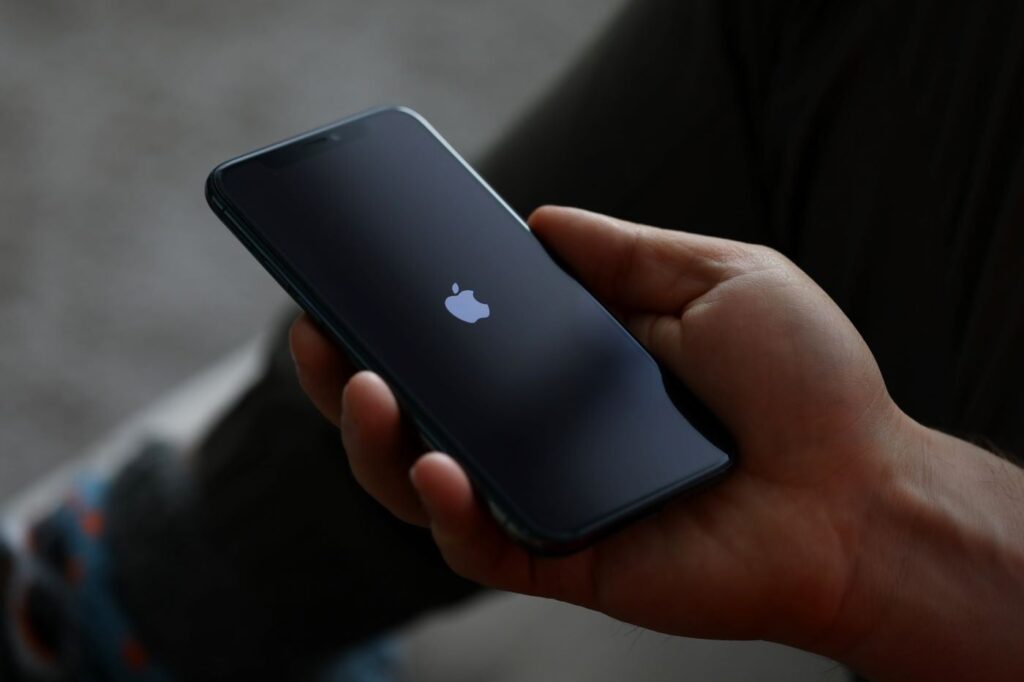Apple’s Recent Threat Notification and Mercenary Spyware Attack
On April 10, Apple alerted iPhone users in 92 countries about a potential mercenary spyware attack aimed at compromising their devices remotely. The notification, sent at 12:00 p.m. Pacific Time, warned users that they were being targeted due to their identity or activities without specifying the attackers’ identity or the recipients’ locations.
Contents of Apple’s Threat Notification
The notification, reviewed by TechCrunch and Reuters, informed users of the specific threat:
Apple has detected a mercenary spyware attack targeting the iPhone associated with your Apple ID. This attack is personalized based on your identity or activities. While achieving absolute certainty in detecting such attacks is challenging, Apple has high confidence in this alert.
Due to security reasons, Apple cannot disclose more details on the trigger of this notification, to prevent attackers from adapting their tactics. Mercenary spyware attacks, notably involving Pegasus from the NSO Group, are rare and highly sophisticated compared to regular cybercriminal activities.
Apple advised recipients to take protective measures, including enabling Lockdown Mode to restrict certain apps and features and reduce the vulnerability to spyware attacks.
Understanding Mercenary Spyware Attacks
A mercenary spyware attack involves deploying malicious surveillance software onto a device by a third-party acting on behalf of a client. The aim is to gather sensitive information or conduct surveillance without the client’s direct involvement.
Spyware typically infiltrates through software vulnerabilities or deceptive methods like phishing, allowing it to monitor various communications, track locations, steal data, and even manipulate the device remotely. This covertly collected data can be sent to the operator without the user’s knowledge.
Mercenary spyware attacks, like those using Pegasus, are complex and costly due to the extensive resources employed, historically associated with state actors or private companies developing spyware.
Insights into Apple’s Threat Notifications
Apple’s threat notifications aim to inform and assist users potentially targeted by mercenary spyware attacks. Recipients receive alerts on signed-in devices via email, iMessage, and the appleid.apple.com webpage, utilizing internal threat intelligence for detection.
The notifications serve as high-confidence alerts but do not guarantee absolute certainty, as forensic tests have confirmed several cases of targeted devices being compromised with advanced spyware. Apple started sending such notifications in 2021 and continues to do so multiple times a year, reaching users in over 150 countries.
Protecting Devices from Malware: Apple’s Recommendations
With a growing number of executives accessing work accounts on personal devices, the risk of cyber threats like spyware increases. Apple recommends the following to protect against malware:
- Update: Ensure devices are running the latest software for security patches.
- Passcode: Protect devices with a secure passcode.
- Authentication: Use two-factor authentication and strong passwords for Apple ID.
- App Installation: Download apps only from trusted sources like the App Store.
- Passwords: Use unique and robust passwords for online accounts.
- Caution: Avoid clicking on links or attachments from unknown senders.
By following these guidelines, users can enhance their device security and mitigate the risk of falling prey to malicious attacks like mercenary spyware.
For more information on securing your mobile devices, consider exploringTechRepublic’s Mobile Device Security Policy.



